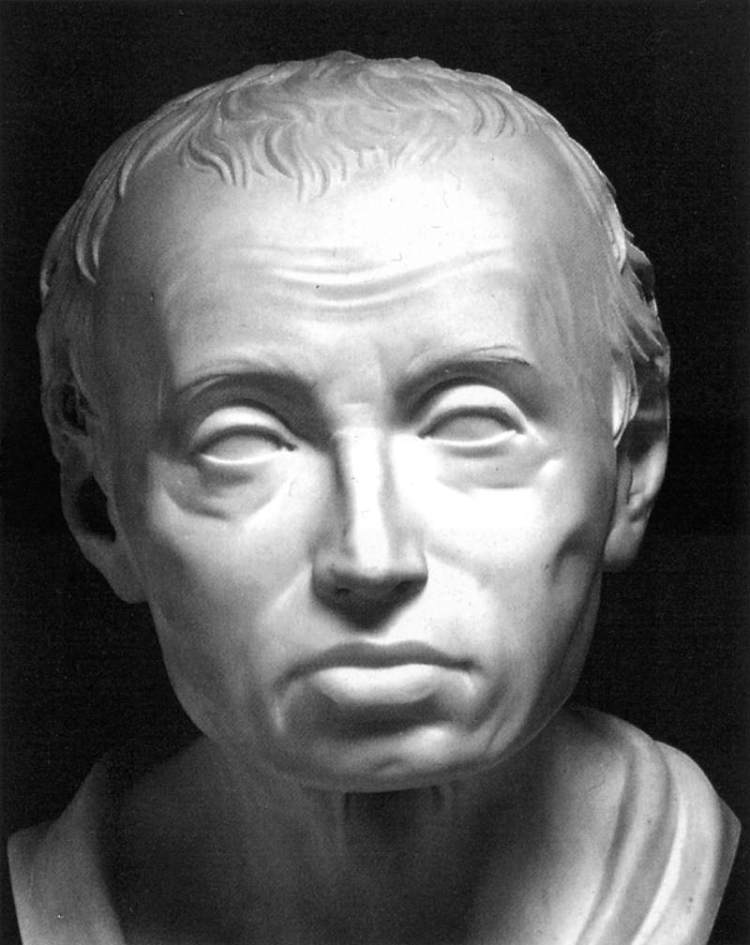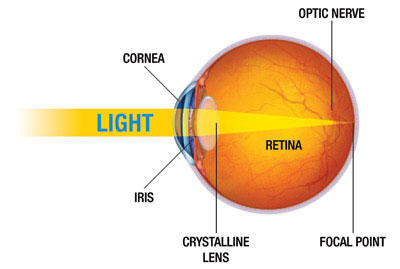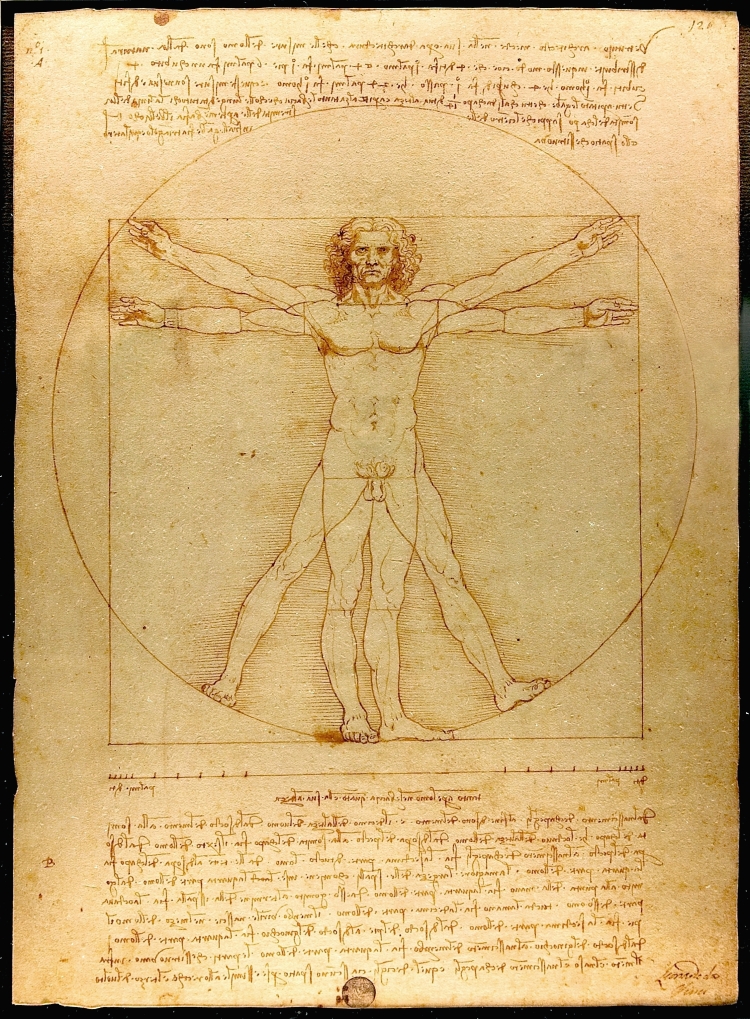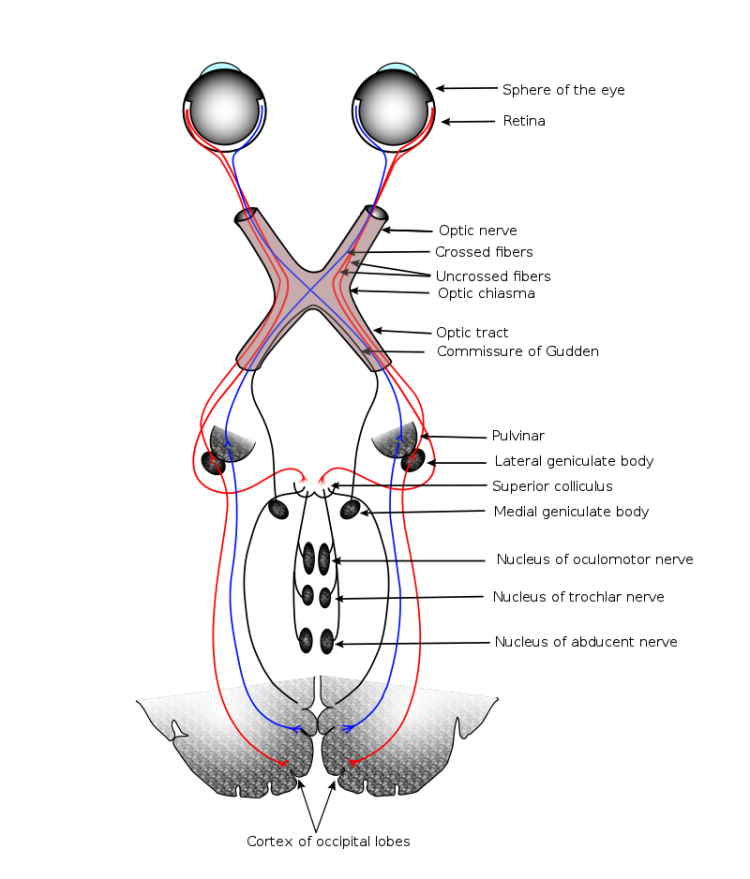
Statue of David Hume by Alexander Stoddart, 1995, bronze, in front of High Court Building, Edinburgh, Scotland
The question arises, does this denial of objective truth belong personally to Bogdanov, who refuses to own himself a Machist, or does it follow from the fundamental teachings of Mach and Avenarius? The latter is the only possible answer to the question. If only sensation exists in the world (Avenarius in 1876), if bodies are complexes of sensations (Mach, in the Analysis of Sensations), then we are obviously confronted with a philosophical subjectivism which inevitably leads to the denial of objective truth. And if sensations are called “elements” which in one connection give rise to the physical and in another to the psychical, this, as we have seen, only confuses but does not reject the fundamental point of departure of empirio-criticism. Avenarius and Mach recognise sensations as the source of our knowledge. Consequently, they adopt the standpoint of empiricism (all knowledge derives from experience) or sensationalism (all knowledge derives from sensations). But this standpoint gives rise to the difference between the fundamental philosophical trends, idealism and materialism and does not eliminate that difference, no matter in what “new” verbal garb (“elements”) the standpoint is clothed. Both the solipsist, that is, the subjective idealist, and the materialist may regard sensations as the source of our knowledge. Both Berkeley and Diderot started from Locke. The first premise of the theory of knowledge undoubtedly is that the sole source of our knowledge is sensation. Having recognised the first premise, Mach confuses the second important premise, i.e., regarding the objective reality that is given to man in his sensations, or that forms the source of man’s sensations. Starting from sensations, one may follow the line of subjectivism, which leads to solipsism (“bodies are complexes or combinations of sensations”), or the line of objectivism, which leads to materialism (sensations are images of objects, of the external world). For the first point of view, i.e., agnosticism, or, pushed a little further, subjective idealism, there can be no objective truth. For the second point of view, i.e., materialism, the recognition of objective truth is essential. This old philosophical question of the two trends, or rather, of the two possible deductions from the premises of empiricism and sensationalism, is not solved by Mach, it is not eliminated or overcome by him, but is muddled by verbal trickery with the word “element”, and the like. Bogdanov’s denial of objective truth is an inevitable consequence of Machism as a whole, and not a deviation from it.
Engels in his Ludwig Feuerbach calls Hume and Kant philosophers “who question the possibility of any cognition, or at least of an exhaustive cognition, of the world”. Engels, therefore, lays stress on what is common both to Hume and Kant, and not on what divides them. Engels states further that “what is decisive in the refutation of this [Humean and Kantian] view has already been said by Hegel” (4th Germ. ed., pp. 15–16).1 In this connection it seems to me not uninteresting to note that Hegel, declaring materialism to be “a consistent system of empiricism,” wrote: “For empiricism the external (das Äusserliche) in general is the truth, and if then a supersensible too be admitted, nevertheless knowledge of it cannot occur (soll doch eine Erkenntnis desselben [d. h. des Uebersinnlichen] nicht stattfinden können) and one must keep exclusively to what belongs to perception (das der Wahrnehmung Angehörige). However, this principle in its realisation (Durchführung) produced what was subsequently termed materialism. This materialism regards matter, as such, as the truly objective (das wahrhaft Objektive).”(Hegel, Encyklopädie der philosophischen Wissenschaften im Grundrisse [Encyclopaedia of the Philosophical Sciences in Outline], Werke, VI. Band [1843], S. 83. Cf. S. 122).
All knowledge comes from experience, from sensation, from perception. That is true. But the question arises, does objective reality “belong to perception,” i.e., is it the source of perception? If you answer yes, you are a materialist. If you answer no, you are inconsistent and will inevitably arrive at subjectivism, or agnosticism, irrespective of whether you deny the knowability of the thing-in-itself, or the objectivity of time, space and causality (with Kant), or whether you do not even permit the thought of a thing-in-itself (with Hume). The inconsistency of your empiricism, of your philosophy of experience, will in that case lie in the fact that you deny the objective content of experience, the objective truth of knowledge through experience.
Those who hold to the line of Kant or Hume (Mach and Avenarius are among the latter, in so far as they are not pure Berkeleians) call us, the materialists, “metaphysicians” because we recognise objective reality which is given us in experience, because we recognise an objective source of our sensations independent of man. We materialists follow Engels in calling the Kantians and Humeans agnostics, because they deny objective reality as the source of our sensations. Agnostic is a Greek word: a in Greek means “no,” gnosis “knowledge.” The agnostic says: I do not know if there is an objective reality which is reflected, imaged by our sensations; I declare there is no way of knowing this (see the words of Engels above quoted setting forth the position of the agnostic). Hence the denial of objective truth by the agnostic, and the tolerance – the philistine, cowardly tolerance – of the dogmas regarding sprites, hobgoblins, Catholic saints, and the like. Mach and Avenarius, pretentiously advancing a “new” terminology, a supposedly “new” point of view, repeat, in fact, although in a confused and muddled way, the reply of the agnostic: on the one hand, bodies are complexes of sensations (pure subjectivism, pure Berkeleianism); on the other hand, if we re-christen our sensations “elements”, we may think of them as existing independently of our sense-organs!
V.I.Lenin, Materialism and Empirio-Criticism: Critical Comments on a Reactionary Philosophy, 1908, Progress Publishers, Moscow, 1975, pp. 107-115

Note
1. See F. Engels, Ludwig Feuerbach and the End of Classical German Philosophy (K. Marx and F. Engels, Selected Works, Volume II, Moscow, 1958, p. 371). ↩
Part two/to be continued…











